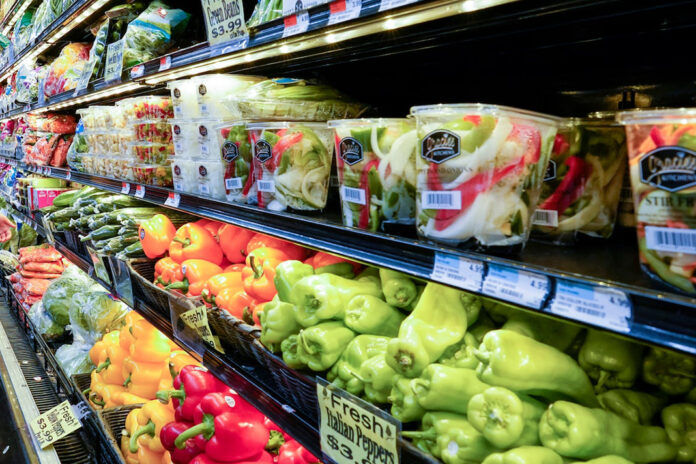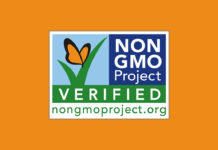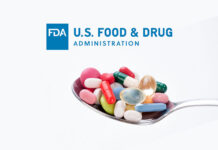The rule requires all imported organic foods to be certified by USDA’s National Organic Program, increasing certification by more companies in the supply chain and strengthening the authority for inspection, record keeping, traceability and fraud prevention practices.
The Organic Trade Association, which lobbied for the rule, said it was the most significant change to organic regulations since the creation of the USDA Organic Foods Program.
In a statement, OTA officials said the regulations “will go a long way toward preventing and detecting organic fraud and protecting the integrity of organics throughout the supply chain.”
U.S. organic food sales will top $63 billion by 2021, according to OTA, and consumers are willing to pay premium prices for products free from pesticides and other contaminants.
Fresh produce, grains and other groceries are vulnerable to fraud. This month, Justice Department officials indicted a multimillion-dollar scheme to export non-organic grains into the U.S. to be sold as certified organic produce.
The new rules will take effect in March, and companies have a year to comply.









